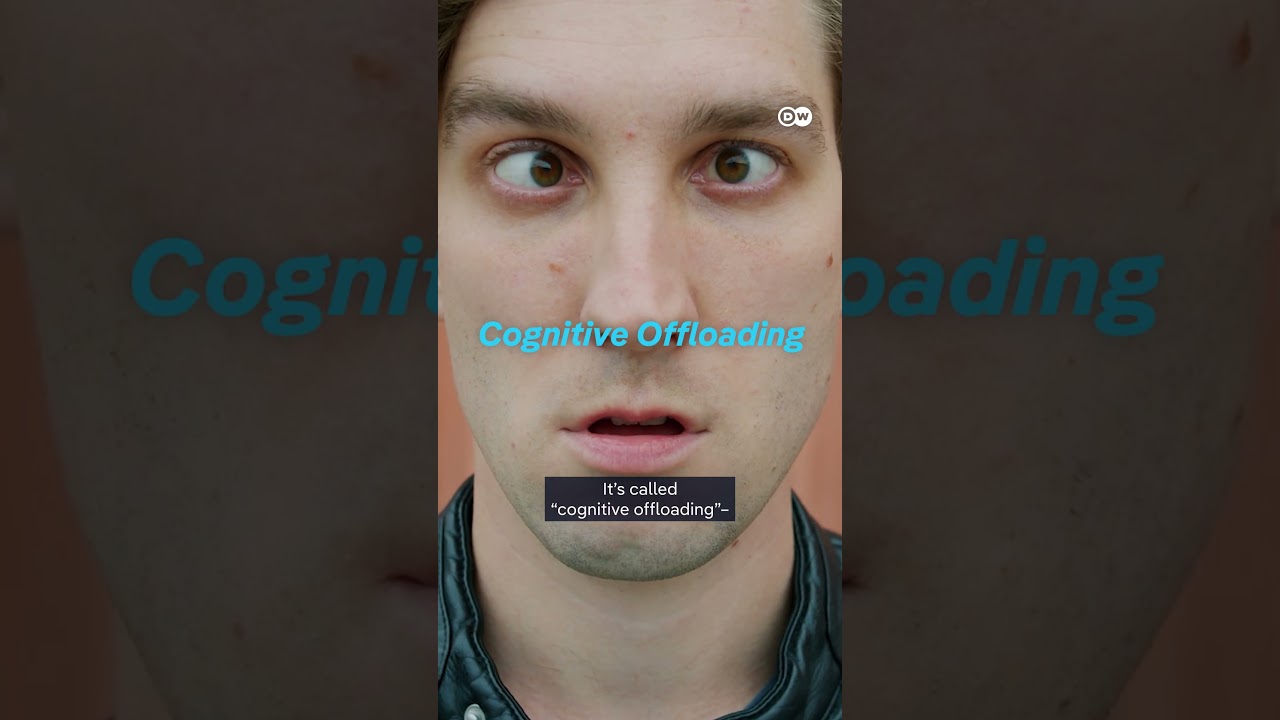A recent MIT study suggests that heavy reliance on AI tools like ChatGPT may lead to decreased critical thinking and cognitive engagement, a phenomenon called “cognitive offloading.” While AI education is growing globally, researchers warn that balancing AI use with mental effort is crucial to protect cognitive development, especially in younger generations.
A recent study conducted by researchers at the Massachusetts Institute of Technology (MIT) has raised concerns about the impact of AI tools like ChatGPT on critical thinking skills. The study involved three groups of participants who were tasked with writing essays over a period of four months. One group used ChatGPT to assist with their writing, the second group relied on Google search, and the third group wrote their essays using only their own knowledge and reasoning.
The results showed that participants who used ChatGPT exhibited the lowest levels of brain engagement, while those who relied solely on their own minds demonstrated the highest cognitive activity. This suggests that heavy reliance on AI tools may lead to a decline in critical thinking abilities, a phenomenon the researchers refer to as “cognitive offloading” — essentially letting AI do the thinking for you and reducing mental effort.
Although the study has not yet undergone peer review, MIT chose to release the findings to inform the public about the potential risks associated with overusing AI technologies. The researchers emphasized the importance of awareness around how these tools might negatively affect cognitive development, especially if used excessively or without proper guidance.
The timing of the study is significant, as governments and educational institutions worldwide are actively debating the role of AI in schools. For example, the UAE and the United States under the Trump administration have introduced AI curricula, aiming to prepare students for a future where AI is ubiquitous. However, the MIT researchers caution that while learning to use AI is important, there must be a balance to protect developing brains from potential harm.
Ultimately, the study invites a broader conversation about how society should integrate AI tools responsibly. It raises critical questions about the trade-offs between convenience and cognitive health, especially for younger generations. As AI becomes more embedded in daily life, finding ways to harness its benefits without compromising critical thinking will be a key challenge for educators, policymakers, and users alike.
